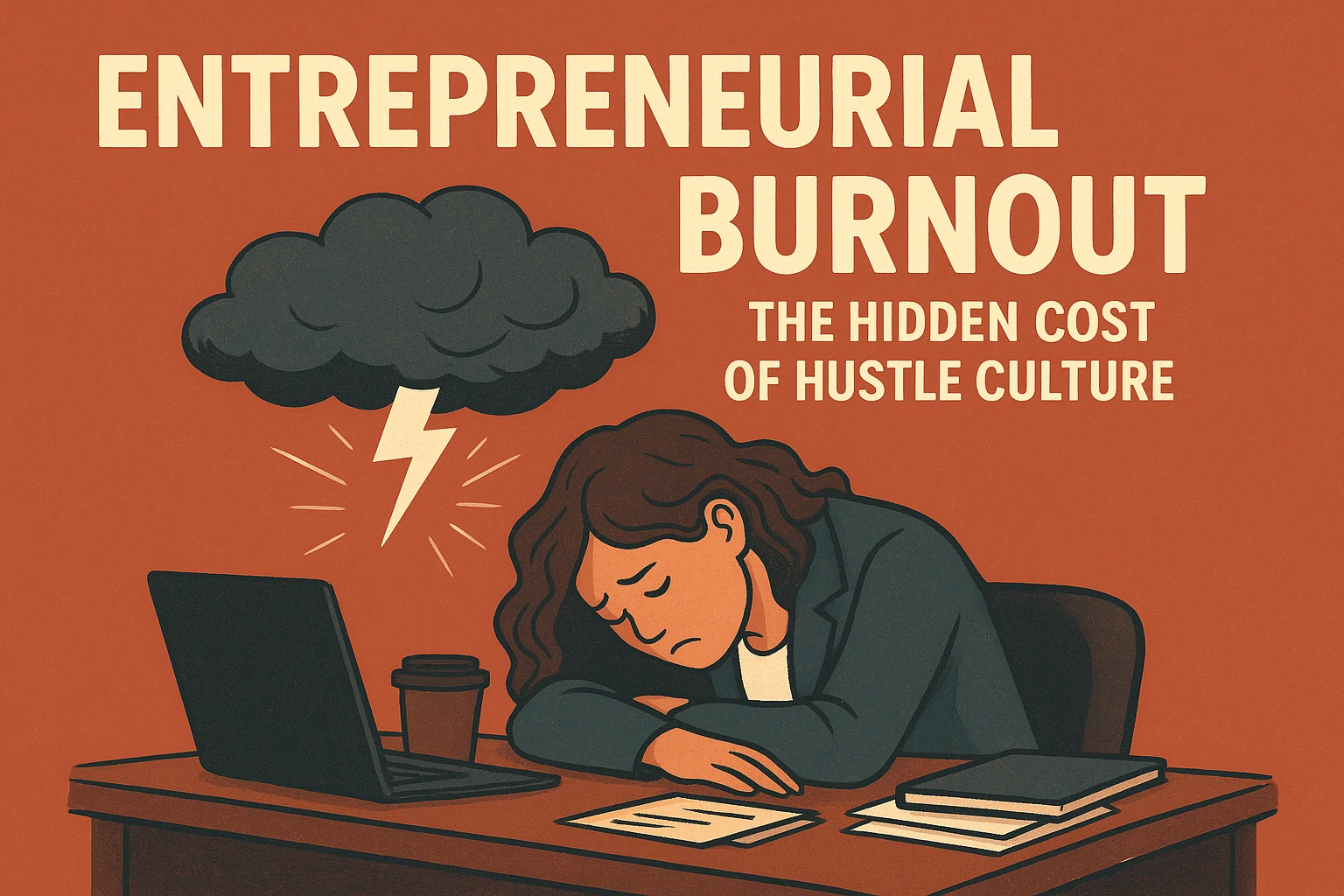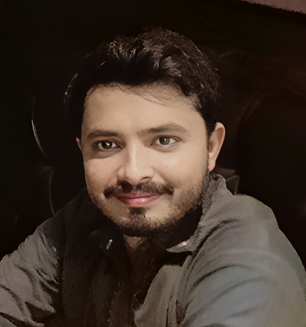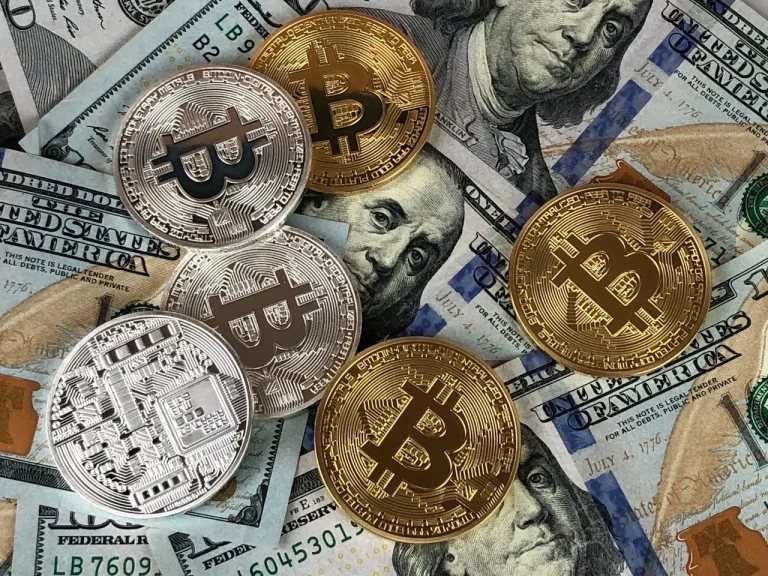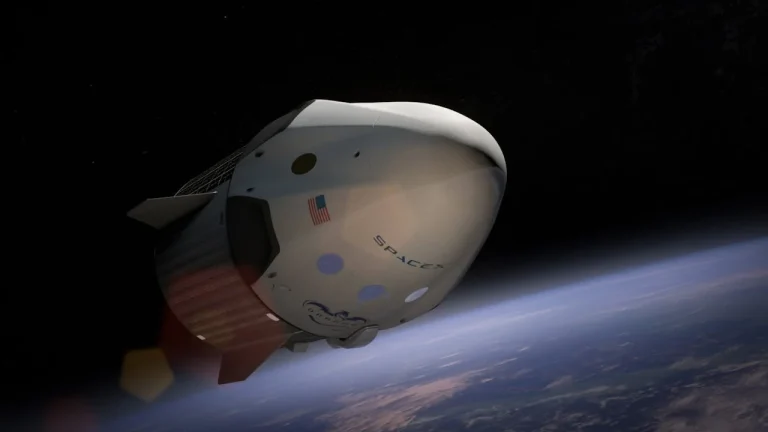
Entrepreneurial Burnout
Entrepreneurial Burnout: The Hidden Cost of Hustle Culture
1. The Glamour of Hustle and the Truth Behind It
Restless nights, never-ending tasks, and unwavering ambition are all praised by the hustling culture. Success stories hidden in weariness abound on social media feeds. Teachers tell entrepreneurs that slowing down means failing and relaxing means being feeble. They take great pride in being recognized for their remarkable output. However, beneath the polished surface, burnout is becoming increasingly common. Many founders covertly give up their health, family, and peace in the name of what looks to be advancement. The wish for approval over time supplants actual fulfilment. Behind every success story lies emotional turmoil, tiredness, and worry. Although hustle culture sells dreams, the true price is rarely disclosed. Genuine success ought to motivate sustainability and balance rather than self-destruction.
2. Understanding Entrepreneurial Burnout
Deep emotional fatigue, rather than only tiredness, characterises entrepreneurial burnout. It results when passion becomes strain and the aim turns into survival. Entrepreneurs often balance leadership, marketing, invention, and problem-solving among other obligations. Always in control, they have no promise of either calm or success. Stress accumulates secretly, progressively destroying creativity and self-assurance. Happiness diminishes, choices are rushed, and sleep becomes rare. Burnout is indicated by exhaustion, cynicism, and disengagement from previously loved pursuits. Without anyone’s knowledge, it steals drive, productivity, and mental clarity. Unlike fleeting exhaustion, burnout alters perspective and confuses limits. Early identification is the first step towards a purposeful recovery.
3. The Root Cause: Toxic Productivity Ideals
In contemporary entrepreneurship, overwork is lauded as a personality trait rather than a habit. The expression grind never stops exalts unhealthful labour patterns. Entrepreneurs value output as a standard of worth above emotional and practical costs. Toxic productivity hides exhaustion by making one seem dedicated. The system honours busyness rather than efficiency or creativity. The success stories purposefully selected on social media raise unreasonable hopes. Comparisons cause pressure and discomfort. This cycle normalises self-neglect as a requirement for the entrepreneurial path. What results? A generation that gets mixed up, hustling for pleasure and exhaustion for effort. The initial move toward liberation is redefining success beyond constant activity.
4. The Psychological Toll of Relentless Hustle
Though sometimes overlooked, the psychological consequences of unrelenting movement are considerable. Motivation seems forced, sleep gets shallow, and anxiety becomes persistent. Entrepreneurs give relaxation a dangerous appearance by internalising their fear of failure. The brain’s reward system changes under stress, producing a craving for adrenaline and haste. Tiredness eventually causes excitement to pass into emotional indifference. Self-esteem depends on cycles of output and accomplishment. Burning out eventually affects one’s creativity, compassion, and problem-solving skills. Depression and impostor syndrome thrive in this overloaded world. The entrepreneurial dream becomes an emotional survival technique rather than a materialisation. Rather than a luxury, awareness of mental health has to be given first priority.
5. Physical Symptoms Often Ignored
The body keeps score when the mind never stops. Recurring problems include headaches, insomnia, and chronic weariness. Reliance on adrenaline upsets typical cycles and compromises immunity. Entrepreneurs sometimes use coffee and deadlines as medicine, thereby neglecting their suffering. Poor eating and long periods spent sitting raise the risk of heart disease. Lack of sleep impairs decision-making, recall, and attention span. When stress hormones such as cortisol remain high, burnout collapses. Small illnesses take even longer to heal when under ongoing stress. When physical alert flags are disregarded, involuntary downtime is ultimately forced. Early body listening helps prevent more severe, long-lasting consequences.
6. The Emotional Disconnection from Passion
Still, those most passionate about their jobs often suffer from burnout. It turns out to be physically and psychologically exhausting after being inspirational. The excitement of creating something great fades into daily survival. Entrepreneurs turn their attention from developments to unresolved problems. Once a flame, passion becomes a fading obligation. Autopilot decision-making takes the place of the missing creative flow. This emotional separation harms both creativity and personal satisfaction. Desperation increases when many business owners mistake this emptiness for failure. Re-gaining purpose requires a step back rather than more effort. It grows when enthusiasm is developed consistently rather than worn down by weariness.
7. The Social Pressure of Always Appearing Strong
The appearance of strength frequently makes entrepreneurs feel imprisoned. They consider vulnerability to be a sign of weakness or incompetence. Therefore, they use forced smiles and inspiring posts to cover up their weariness. Every networking gathering turns into a show rather than a real connection. Social media accentuates this facade of limitless vitality and control. The prospect of being judged shuts down Actual conversations about burnout. When genuineness erodes due to societal pressure, isolation increases. Communities where transparency takes the role of rivalry are essential for entrepreneurs. It takes courage to be frank about difficulties, rather than pretend they don’t exist. By sharing, even recovering from burnout may be transformed into collective healing.
8. When Success Becomes an Addiction
The invisible twin of the hustle culture is the achievement addiction. Entrepreneurs are looking toward their ends for validation, not for happiness. Any triumph requires an even bigger one immediately next. Silence seems like failure; rest feels like guilt. The brain gets habituated to the adrenaline rush and hungers for constant stimulation. Whatever the marker, fulfilment ultimately becomes elusive. Personal identity and emotional fulfilment are completely replaced by work. Addicts are isolated from friends, family, and purpose due to their addiction. While they seek superficial external validation, they abandon the actual purpose for which they began. Purpose, not competition with oneself, is required for real entrepreneurism.
9. Redefining Productivity in a Healthy Way
Healthy production focuses on balance, not burnout. It’s not about how many hours you work; it’s about your goals and how clear they are. Putting rest, self-reflection, and creative rejuvenation at the top of your list will help you do better. Successful business owners know when to stop and when to push. When you delegate, you turn tiredness into strength and teamwork. Setting limits protects your focus from digital and energy-draining distractions. When well-being, not just revenue, is used to measure development, success is redefined. Mindful breaks help you control your emotions and make better decisions. Work should make life better, not take over it completely. The first step to redefining productivity is to value your time and mental energy.
10. Building Support Systems That Prevent Burnout
Many business owners think that being strong means being independent. But for long-term success, you need networks of support and cooperation. Peer groups, therapy, and mentoring all help people feel less alone. Giving other people tasks frees up emotional and creative energy. Regular check-ins with trusted allies help keep perspective grounded. People who are motivated can work together in coworking spaces to build a shared understanding. Talking about workload in a helpful way makes vulnerability and self-care seem normal. Support networks help people stay grounded when things are going wrong. Recognising help enhances longevity and clarity, rather than undermining leadership. Group resilience is better than individual burnout in all cases.
11. The Power of Rest and Recovery
Rest is not an indication of laziness; rather, it is essential for optimum performance. Entrepreneurs often overlook the importance of sleep for long-term success. Creativity and decision-making are greatly improved by getting adequate sleep. Breaking away from work allows for insight and subliminal problem-solving. Vacations increase vitality and extend one’s perspective beyond work-related responsibilities. Engaging in hobbies, exercising, and practising mindfulness are all ways to replenish emotional reserves. Resting business owners inspire their employees through balance rather than fatigue. Pausing allows for emotional clarity and creativity. Recovery is a strategic instrument, not an obstacle to success. Protecting one’s own health daily is the first step towards sustainability in entrepreneurship.
12. A New Definition of Success
Success needs to be redefined to transcend wealth, hard work, and constant improvement. True entrepreneurship is consistent with ambition, well-being, and purpose. Sustainable success promotes personal peace and economic growth. It puts fulfilment ahead of fatigue and regularity ahead of chaos. Instead of making concessions, business owners should promote balance as a strength. Legacy is created by meaningful influence, not exhaustion. With each step towards equilibrium, the seeming heroics of hustle are challenged. Future entrepreneurship depends on holistic development and emotional intelligence. Success should feel illuminating rather than exhausting or alienating. The real victory lies in building without burning out.
Conclusion: The Real Victory of Sustainable Success
The hidden risks of ambitious overwork and unrelenting ambition are revealed by entrepreneurial burnout. Balance —not constant activity or fatigue —is the foundation of true success. Boundaries, introspection, and rest are not flaws; rather, they are necessary tools for maintaining genius. Entrepreneurs need to understand that productivity stifles creativity and purpose in the absence of peace. When well-being is used as the accurate indicator of success, the illusion of hustle culture is dispelled. Entrepreneurs who put their health first guarantee resilience and long-lasting creativity. The way forward is not faster, but more deliberate, wise, and calm. In the end, success is defined as the capacity to create, live, and lead without losing your identity.

I’m a passionate blogger and senior website developer with an MPhil in Computer Science, blending technical expertise with a deep appreciation for the art of storytelling. With advanced knowledge of English literature, I craft content that bridges creativity and technology, offering readers valuable insights and engaging narratives. Whether building dynamic websites or exploring thought-provoking ideas through my blog, I’m driven by a commitment to innovation, clarity, and impactful communication.












